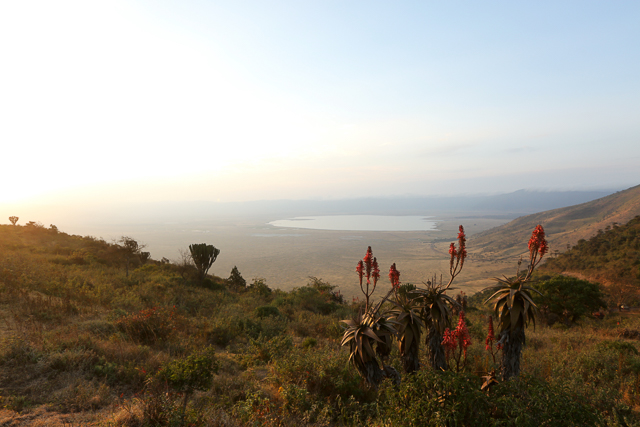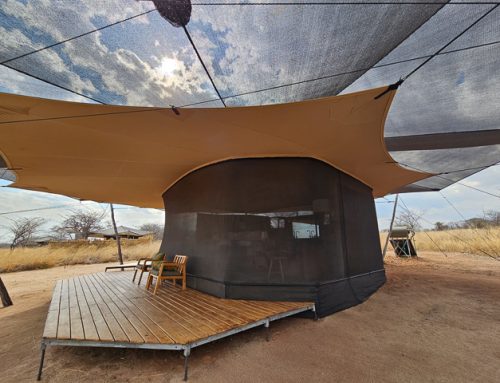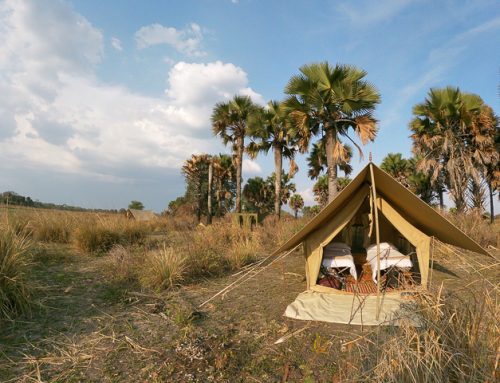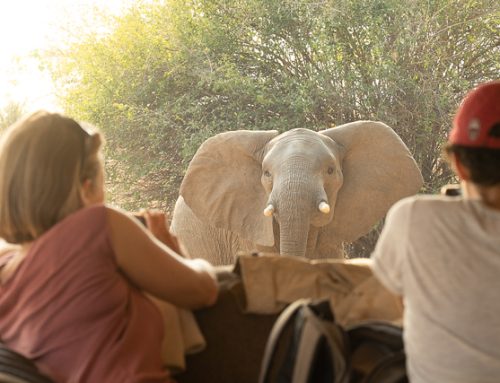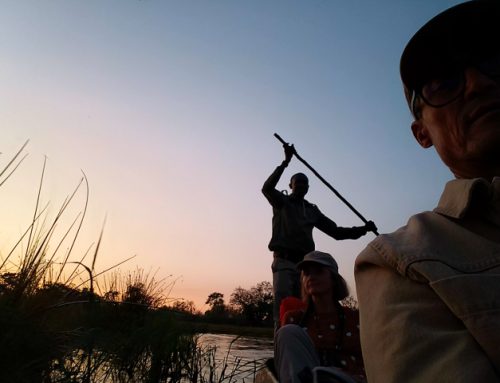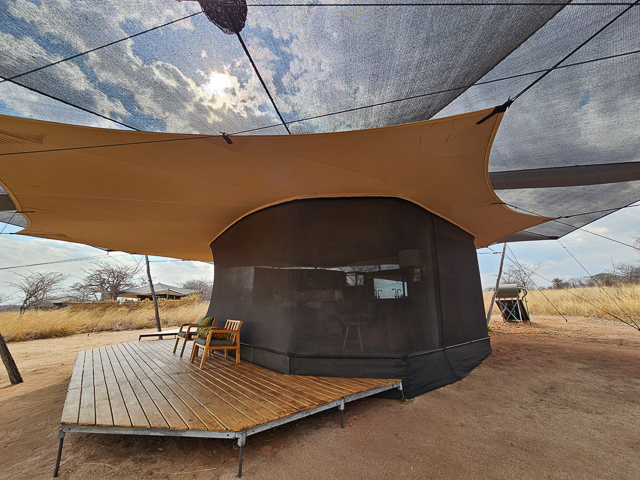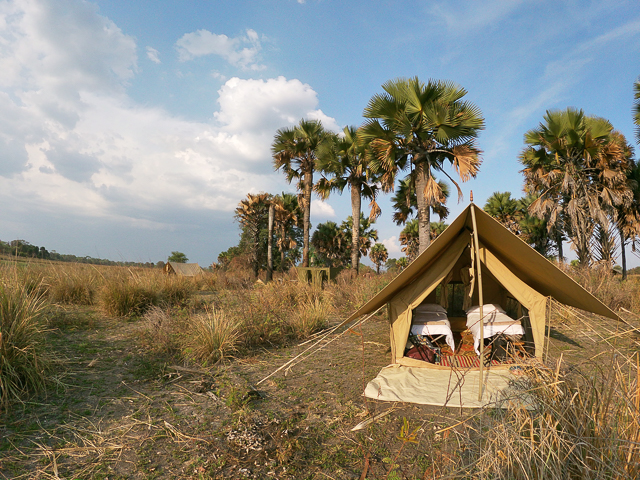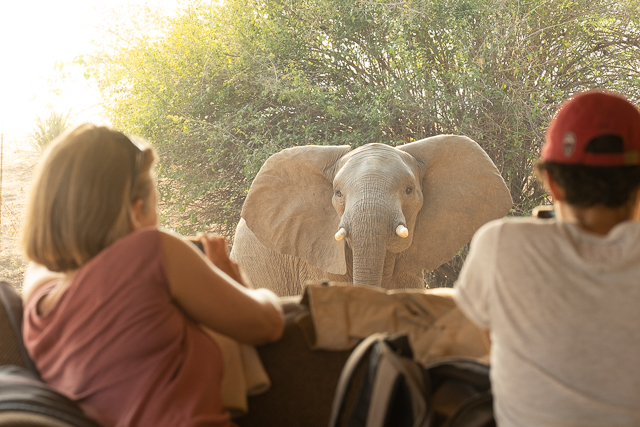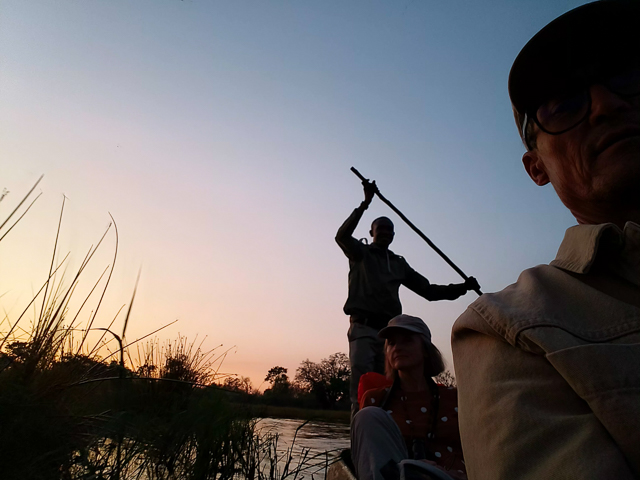I described the wilderness experience as being one of the most essential ingredients to a great safari in an earlier blog post.
Over the past twenty years the popularity of African safaris have been steadily increasing. Wildlife areas vary considerably. Most reserves were created in areas of limited water or poor soils, as the better areas were used for farming and ranching, before the concept of preserving wildlife had surfaced. However a few areas are incredibly rich in wildlife.
The top three are probably the Serengeti ecosystem in Tanzania and Kenya where the Great Migration occurs, Ngorongoro Crater in Tanzania, and the Okavango Delta in Botswana. The first two places have become so popular that the experience is affected and necessary restrictive regulations have been implemented. Entry fees have risen, and it has become economically viable for adjacent private areas to be involved in the business of protecting wildlife. These community owned areas are ideal for a more private experience.
However, at times the sheer numbers of wildlife found in the main protected area mean it is well worth while visiting, despite crowds and regulations. Ngorongoro Crater is a prime example of this. There is only one Crater, and the wildlife and scenery there is incredible. The Serengeti is another. At certain times of year the migration is inside the Serengeti National Park, and you really should be there. We often combine a stay in these main areas with a stay outside, in an adjacent more private area.
Occasionally unusual times arise when those who are willing can benefit from low tourism numbers. In 2014 during the ebola epidemic in west Africa there was no risk of contracting ebola in east or southern Africa. In fact there were more cases in the USA (2 cases) and Europe (1 case) than there were in Kenya, Tanzania and Botswana (0 cases in each). Fortunately, none of our guests cancelled or postponed their safaris.
I will always remember the trips I guided during this period, because it reminded me of the wilderness in the early 1990s. I remember enjoying the privilege of game driving in Ngorongoro Crater and feeling like we had the whole place to ourselves. It was amazing not seeing other safari vehicles there. I felt such a sense of tranquility being in a place replete with wildlife. I also knew that this was a once in a lifetime possibility for my guests. They would never be able to come back and have a similar experience.
I was wrong, as six years later we are back in a similar situation of low tourism. We are in the midst of the Coronavirus pandemic. Hospitals around the world have been overwhelmed with patients requiring intensive care. People are concerned about flying. Countries have locked down or have closed their borders, so that even if you wanted to, travel has become difficult.
In April 2020 we advised our clients to postpone their safaris. Since then we have been watching and waiting to see how the pandemic evolves.
Tourism is at a virtual standstill. There are almost no tourists in the Serengeti. This is terrible for the East African economies. However, the wilderness experience has never been better.
The pandemic continues. We now have a lot more data. This December we know far more about the virus and its consequences than in April. We are now better able to assess the risks (read my next blog post on this).
Vaccines are being approved, although it may be several months before they become accessible to travelers and the general population.
If you are okay with the risk of traveling now, you can have a phenomenal and unusual safari – of a kind that you will not be able to repeat in a few years. You can spend time in the outstanding “busy” areas and experience the wilderness and quiet of being in nature. This is a great opportunity for some people. Those who are interested in being on safari at a unique time should read my assessment of traveling to Africa at the time of writing.
If you prefer to wait for another time, we understand. Soon vaccines will have become more widespread and a requirement for entry to these countries, and faith in travel will have returned. If you decide to travel then, we will be more than delighted to welcome you. From now until then, stay well!
Justin

